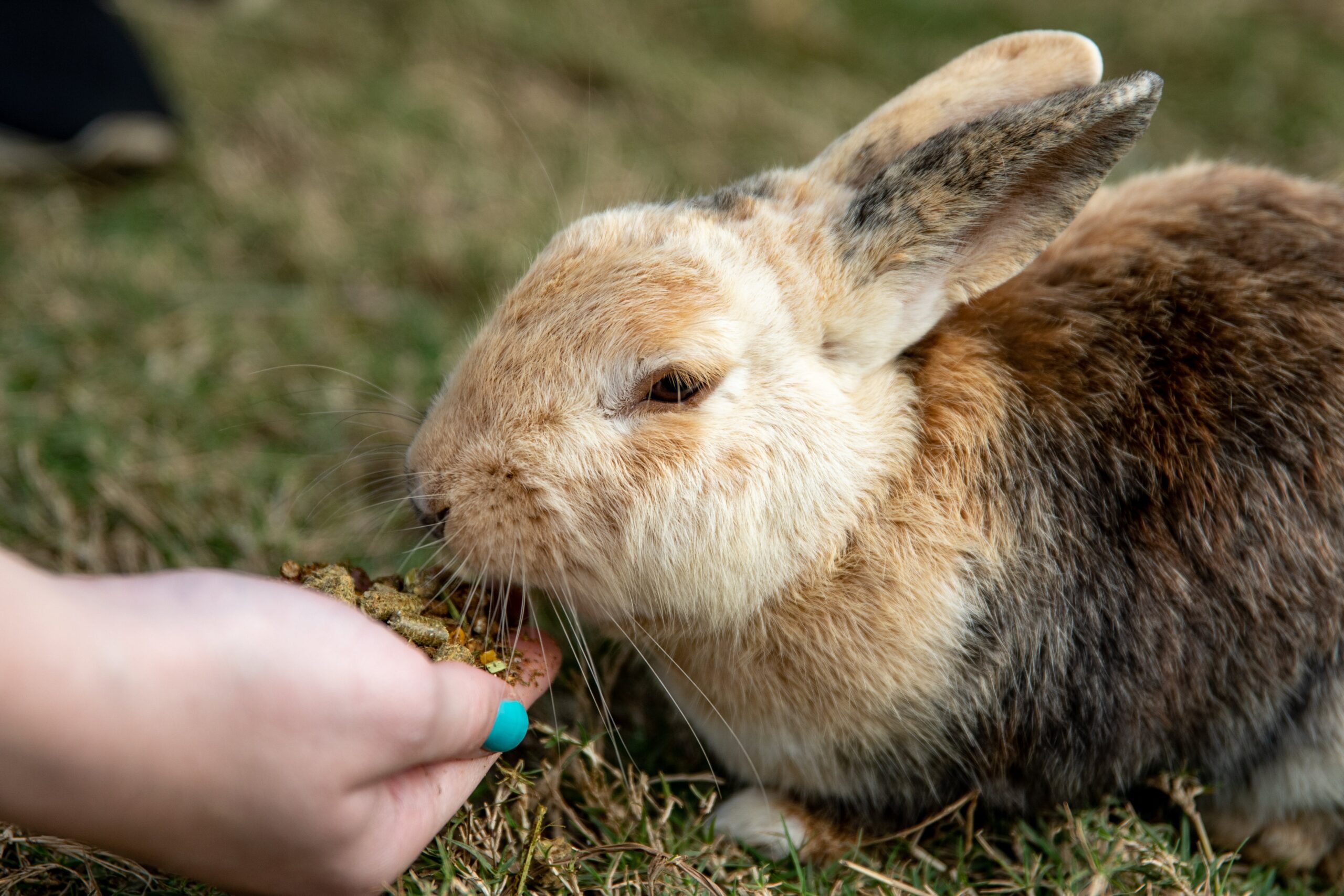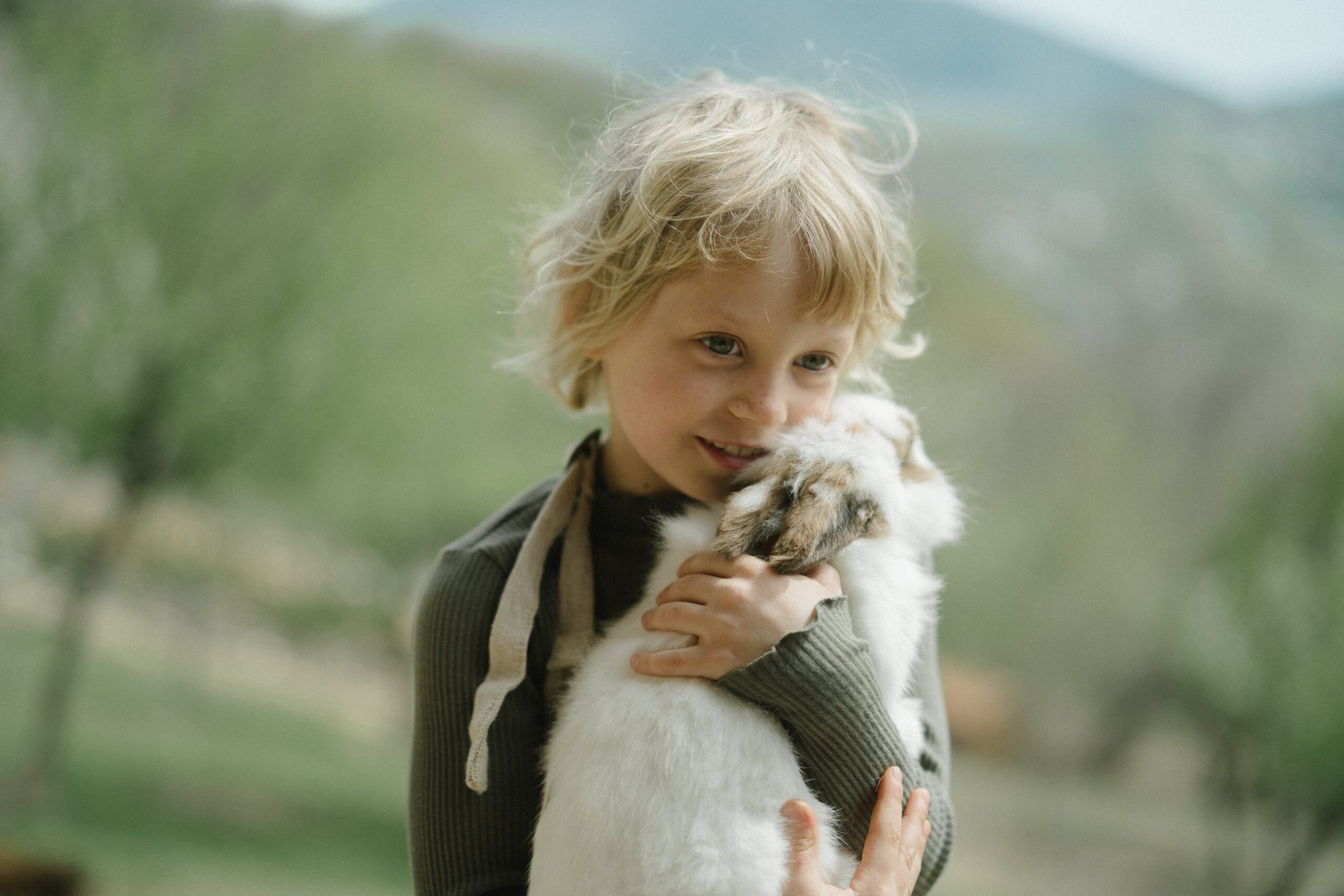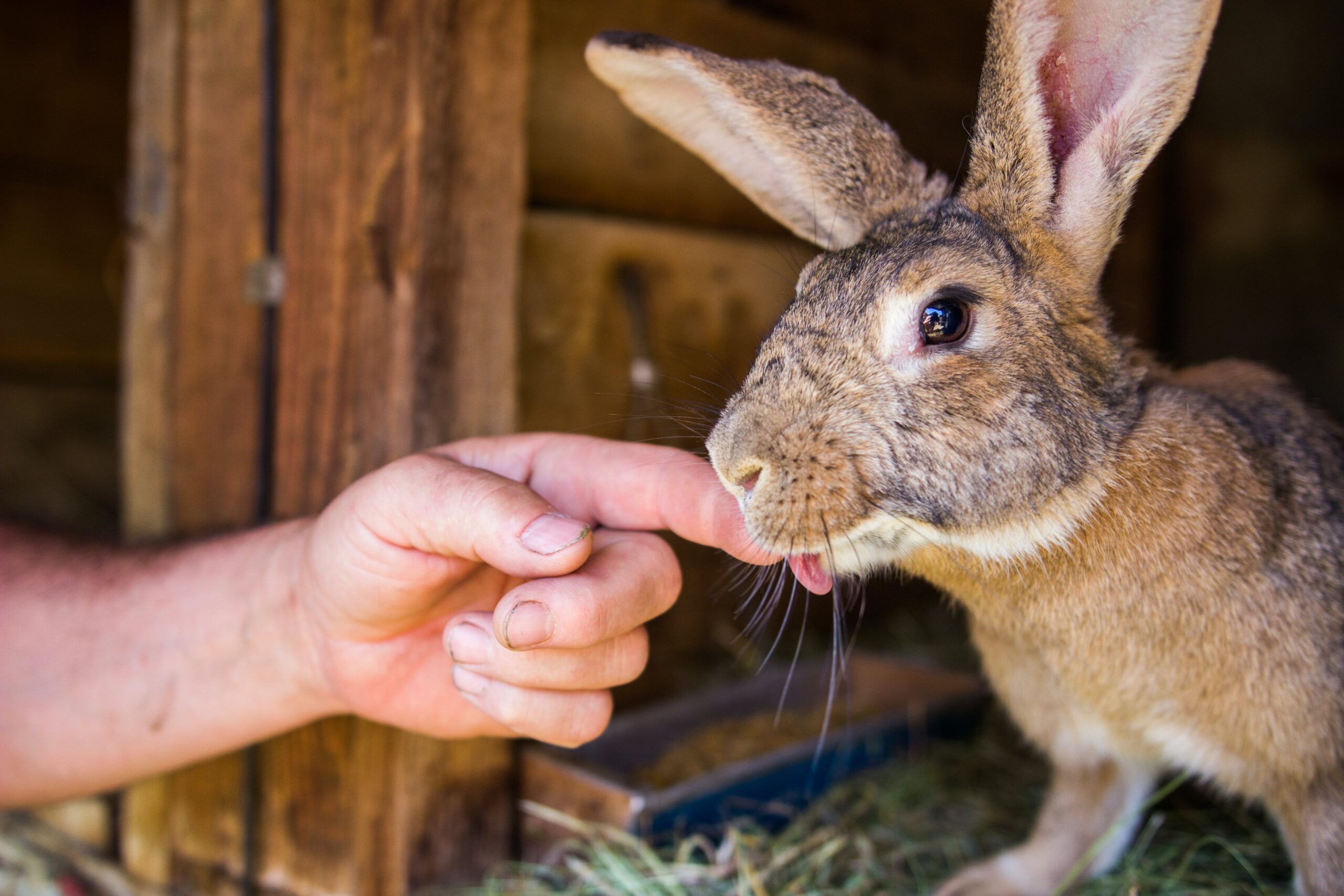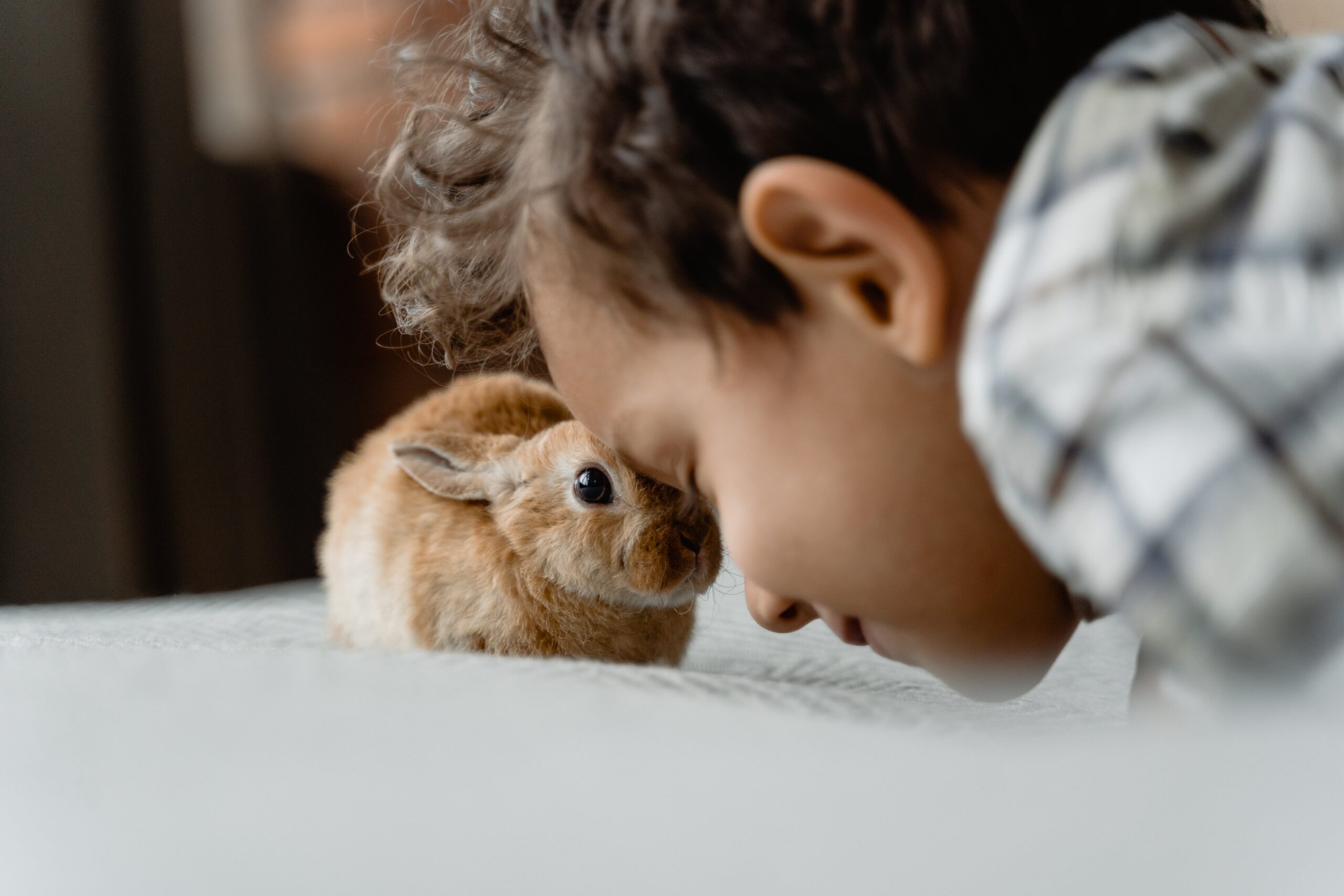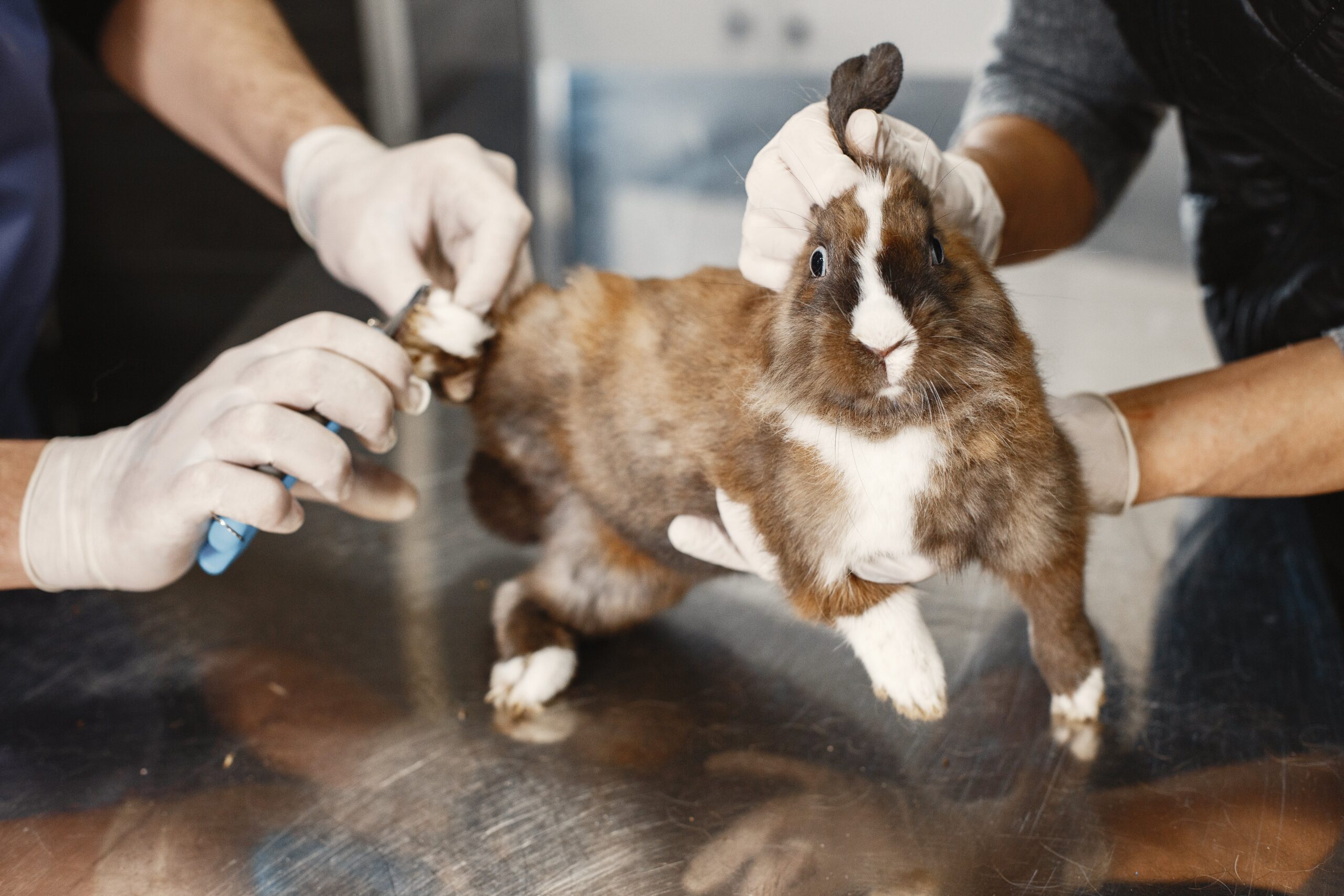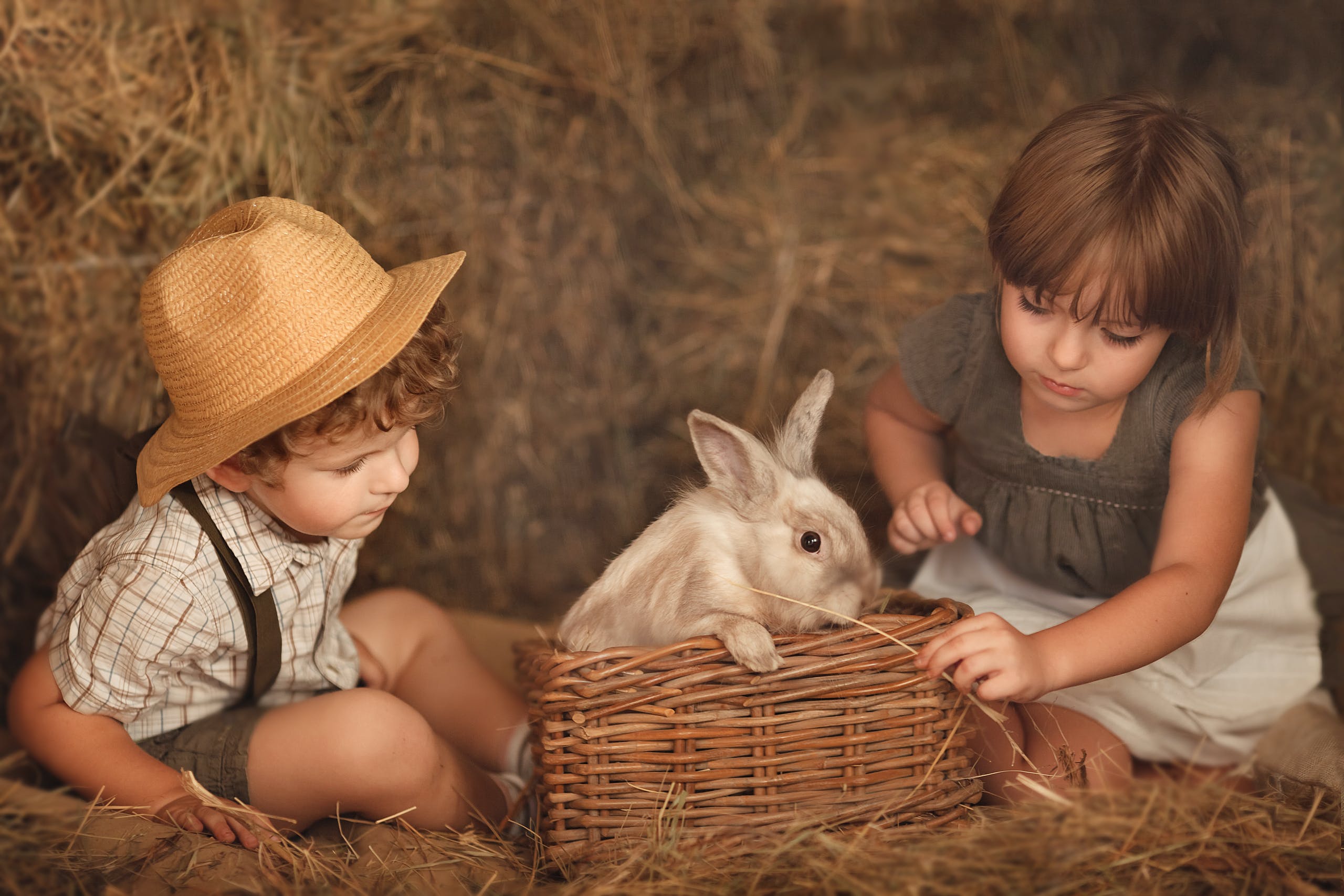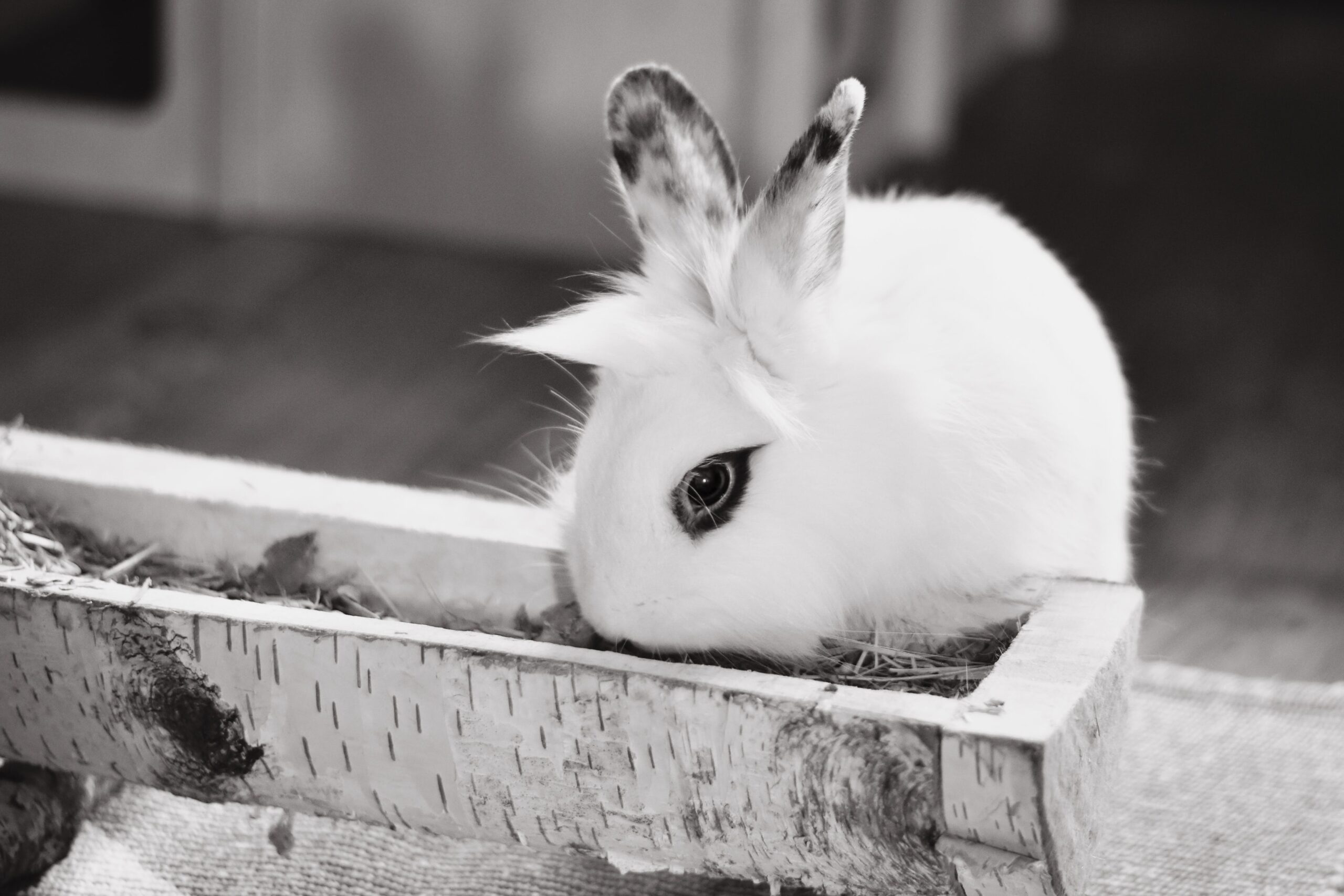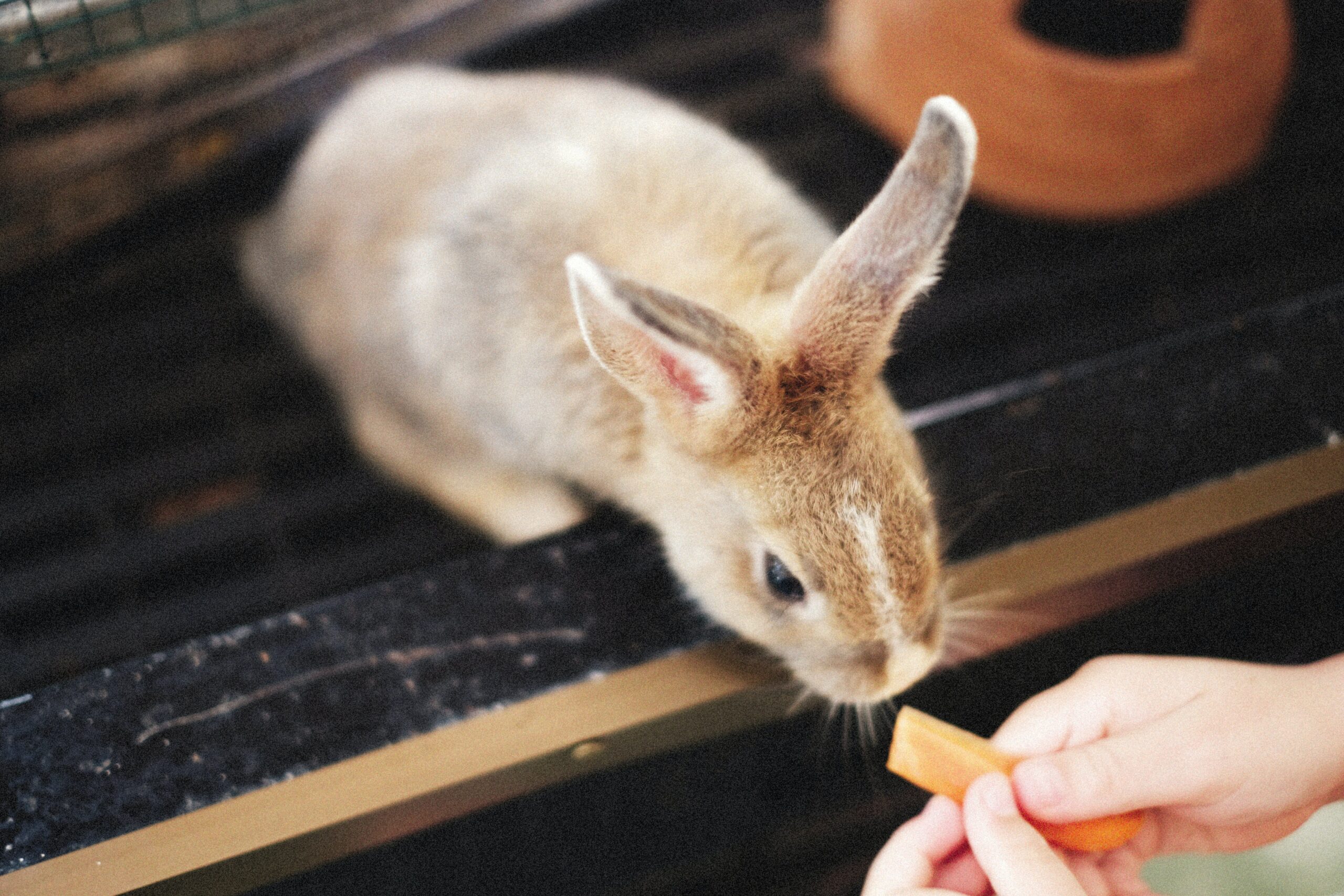Rabbits as pets have hopped into the hearts of many, known for their gentle nature and adorable antics. Their soft fur and floppy ears make them irresistible to animal lovers. But is a rabbit the right pet for you? This guide is meticulously designed to help you understand the intricacies of rabbit care, behaviors, and the joy they can bring into your life.
Choosing a Rabbit
Before you pick your new furry friend, consider a few things. The breed can affect not only the size but the temperament of your rabbit. For instance, while the Holland Lop is miniature and affable, the Flemish Giant—though friendly—is significantly more extensive and requires more space. Age is another factor; while younger rabbits can quickly adapt to new environments, older ones may be calmer.
To ensure you get a healthy and ethically bred rabbit, research breeders thoroughly or consider adopting from a local shelter. Dr. Jane Doe, a famous veterinarian, remarks,
“Rabbits are not just pets; they’re intelligent, social animals that need mental and physical stimulation to thrive in a domestic setting.”
Preparing for Your Rabbit
Creating a comfortable and safe living space for your rabbit is essential. A sizable cage or pen, a cozy nesting area, and rabbit-safe bedding material will make your pet feel at home. Always have fresh water available and feed your rabbit high-quality timothy hay, which is crucial for their diet.
Understanding Rabbit Behavior
Rabbits communicate through various behaviors—binkying, flopping, and nudging—to name a few. Recognizing what your rabbit is trying to say is critical to forming a solid bond. Dr. Lily Johnson, a small animal veterinarian, states,
“Understanding rabbit behavior is crucial for creating a bond with your pet and ensuring a peaceful coexistence.”
Healthcare for Your Rabbit
Routine veterinary visits are necessary to keep your rabbit healthy. Vaccinations against common diseases like myxomatosis are also required, depending on where you live. Sarah Brown, founder of a rabbit rescue organization, advises,
“Rabbits are unique companions that require specialized care. Knowing your rabbit’s needs is the first step to a happy life together.”
Feeding and Nutrition
Rabbits need a balanced diet to stay healthy. This should include high-fiber hay, fresh vegetables, and small pellets. Professor John Smith, a rabbit behavior specialist, tells us,
“The right nutrition is the foundation of good rabbit health. A balanced diet is key to a rabbit’s well-being.”
Certain foods can be toxic to rabbits, so always check if a food item is safe before offering it to your pet.
Enrichment and Playtime
Rabbits are playful and curious, so providing them with toys and activities is vital for their mental well-being. Tubes to run through, hide boxes, and chewable toys are excellent choices. Regular, gentle handling will also help your rabbit feel more secure with you and strengthen your relationship.
Conclusion
As vigilant stewards of these delightful creatures, we must ensure they live happy, healthy lives. Rabbits require a significant amount of care, but the rewards of companionship are immeasurable. With these thoughtful considerations in mind,
“Join the world of rabbit enthusiasts and experience the unique joy these furry companions bring into our lives.”
And don’t forget, the journey of responsible rabbit ownership is both a joy and a commitment—a leap toward a bond that can provide endless warmth and affection.
